What technological skills do you need as a teacher in 2025? Prepare for the changes that come
Education is in the heart of the social and cultural development of any community, and teachers are the architects that mold the future. However, in 2025, the educational panorama will be deeply influenced by technological advances, which implies that primary and secondary teachers must adapt to tools and methodologies that, a few years ago, seemed futuristic.
The integration of technology into teaching is not only a necessity, but an opportunity to transform the way students learn, interact and prepare for world challenges. From digital platforms to artificial intelligence and immersive experiences, educational technology (Edtech) promises to revolutionize traditional methods, but also requires new skills and a constant commitment to continuous training.
This article, prepared by the Aula_Smart Foundation, explores the key technological skills that teachers will need in the coming years. Beyond the tools, the fundamental role of the teacher as a mediator, guide and facilitator of significant learning is highlighted. In these lines you will find a road map to prepare for the challenges and take advantage of the opportunities that the future will bring.
Are you ready to lead change in your classrooms? Keep reading to discover how to become a teacher prepared for tomorrow.
Basic skills in digital tools
The domain of digital tools will be a fundamental requirement for any teacher. In day to day, learning management platforms (Learning Management Systems, LMS) will be indispensable for organizing resources, tasks and evaluations. Therefore, familiar with intuitive systems that facilitate administrative work will be a priority.
In addition, teachers must handle productivity tools such as text processors, spreadsheets and digital presentations. These skills not only optimize their work, but allow them to focus on the creation of meaningful learning experiences.
Competition in Educational Technology
Educational technology (Edtech) continues to revolutionize the way classes are taught. Primary and secondary teachers must learn to integrate interactive tools such as digital boards, gamification applications and collaborative platforms.
For example, the use of interactive activities and educational games encourages students participation and reinforces learning in a playful way. These technologies not only motivate students, but also allow teachers to measure progress in real time and adapt their teaching according to individual needs.
Literacy in artificial intelligence (AI)
Artificial intelligence (AI) is changing education, and teachers will have a key role in taking advantage of it ethically and effectively. In 2025, understanding how tools work as virtual assistants and learning customization platforms will be an essential skill.
AI can help teachers identify patterns in the progress of their students, adapt content according to individual needs and automate administrative tasks, such as the qualification of exercises. However, the challenge will be to maintain the balance between technology and the human touch that defines teaching.
Design of immersive learning experiences
The use of immersive technologies such as virtual reality (VR) and augmented (AR) is increasing, and in 2025 these tools will be available to more classrooms. Teachers can take their students in virtual expeditions, simulate scientific experiments or explore cultures around the world without leaving the classroom.
To take advantage of these technologies, teachers will need to familiarize themselves with specific VR and AR platforms, as well as learn to integrate them into their curricula. The objective is not to replace real experiences, but to expand them and make them accessible to all students.
Educational Data Analysis Domain
Data analysis will be a fundamental ally to customize learning and make informed decisions in the classroom. In 2025, teachers will need to interpret reports generated by educational platforms to identify areas of improvement and reinforce the strengths of their students.
In addition, learning to handle analytical tools integrated into learning management systems will allow teachers to adjust their teaching methods based on specific data, thus guaranteeing that each student receives the support you need to achieve its maximum potential.
Digital content creation skills
The ability to create attractive digital content will be one of the most valued skills in 2025. Teachers will be able to design educational materials in visual and audiovisual formats, such as instructive videos, interactive presentations or educational podcasts.
Accessible tools such as video editors and graphic design platforms will allow teachers to customize their educational resources. This type of content not only improves the understanding of students, but also increases their interest in presenting information in a creative way.
Security and digital ethics
In an increasingly digitized world, it is essential that teachers promote the safe and ethical use of technology. Teaching students about cybersecurity, protection of personal data and responsible behavior online will be an integral part of their responsibilities.
In addition, teachers must apply these principles in their daily work, guaranteeing that the platforms used comply with safety and privacy standards. With this, they will protect both their information and that of their students.
Hybrid and remote teaching methodologies
The hybrid model and distance classes have established themselves as viable alternatives for education. In 2025, teachers will need to dominate videoconference platforms, online collaboration tools and strategies to maintain students' attention in virtual environments.
The key will be to balance online and face -to -face interactions, adapting activities to be dynamic and effective in both formats. With these skills, teachers can respond to any situation that requires flexibility in teaching.
Knowledge in emerging technologies
The accelerated advance of technology requires that teachers be aware of emerging trends that could impact education. Tools such as Blockchain, used to certify competencies safely, and metovers, which opens new possibilities of interaction in virtual environments, are examples of what the future has prepared.
By 2025, teachers do not need to be technical experts, but understand how these technologies can integrate into their classrooms to enrich their students' educational experience.
Adaptation to mobile devices and applications
Mobile learning will continue to gain ground in 2025, especially among younger students who use devices such as tablets and smartphones. Therefore, teachers must become familiar with mobile applications designed for education and learn to optimize content for smaller screens.
Adaptability will be crucial to ensure that activities are accessible and effective, regardless of the device that students use.
Development of skills for solving technical problems
Technical problems are inevitable when working with technology. Therefore, teachers must develop basic skills to identify and solve common inconveniences, such as errors in digital platforms or connectivity failures.
With a proactive mentality and key resources at their disposal, teachers will be able to handle these challenges quickly, minimizing interruptions in classroom activities.
Inclusive teaching through technology
Technology has become a powerful ally to make education more inclusive. In 2025, teachers will need to know accessibility tools, such as screen readers, real -time subtitles and applications designed for students with special educational needs.
Integrating these technologies not only guarantees that all students can actively participate, but also promotes an environment where diversity is valued and respected. The objective will be to use technology as a bridge that eliminates barriers in learning.
Training in technological evaluation tools
Digital evaluation tools will be indispensable to measure the progress of students efficiently. Applications that allow online evaluations, interactive questionnaires and automatic performance analysis will be a constant in 2025.
Teachers must master these platforms to design tests that are not only effective, but also attractive and aligned with learning objectives. This will allow more precise monitoring and personalized feedback for each student.
Soft skills digital for teachers
In addition to technical skills, teachers will need to develop interpersonal skills adapted to the digital environment. Clear and effective communication will be fundamental, especially in remote or hybrid classes.
Likewise, empathy and adaptability will be crucial to connect with students, understand their challenges in a digitalized world and motivate them to achieve their maximum potential. In 2025, a good teacher will not only be a technology expert, but also a leader capable of inspiring any teaching format.
Stay updated in a changing world
Continuous learning will be a need for teachers in 2025. Technological trends evolve rapidly, and up to date with courses, webinars and online communities dedicated to education will be key to staying relevant.
Teachers are not alone on this trip: initiatives such as those offered by Fundación Aula_Smart provide constant support to develop these skills and adapt to the challenges of the educational future.
Conclusion
The education of 2025 will be marked by technology, but its success will depend on the talent and commitment of teachers. Beyond dominating tools and platforms, teachers will be responsible for giving human meaning to technological advances, creating learning environments where each student can prosper.
The technological skills presented in this article are only the beginning of a deep transformation. From artificial intelligence to immersive experiences, each trend represents an opportunity to reimagine how it is taught and how it is learned. However, the key is to always maintain the focus on the student, using technology as a medium, not as an end.
In Fundación Aula_Smart we understand the challenges faced by teachers and we are committed to supporting you at every step of this trip. Continuous training, access to innovative resources and collaboration with a community of educators are essential tools to face a future full of changes.
As a teacher, you are the pillar of education and the lighthouse that will guide generations to come in an increasingly digital world. Now is the time to start building those skills that will make a difference. What steps will you take today to become the master of the future?
1. How can I start developing these technological skills?
Start by identifying areas where you feel less safe. Search online courses, tutorials and resources offered by institutions such as Aula_Smart Foundation. Daily practice with digital tools is also key. <<< Read more >>>
2. What role will artificial intelligence play in teaching in 2025?
Artificial intelligence will be a complementary tool to customize learning, automate administrative tasks and analyze data. However, it will not replace the human connection that only teachers can offer. <<< Read more >>>
3. How can I ensure that my students use technology ethically and safely?
Teach basic principles of digital safety, such as password protection and critical evaluation of online sources. Use resources that promote responsible use of technology and lead with the example in your daily practices. <<< Read more >>>
4. What technologies will be more useful for inclusive education?
Tools such as screen readers, automatic translation applications, real -time subtitles and adaptive learning platforms will be fundamental to ensure that all students actively participate in the educational process. <<< Read more >>>
5. How can I stay updated with technological advances?
Participate in learning communities, such as teachers focused on educational technology. Assists workshops, conferences and webinars, and explores continuous training programs offered by specialized organizations such as Aula_Smart Foundation. <<< Read more >>>
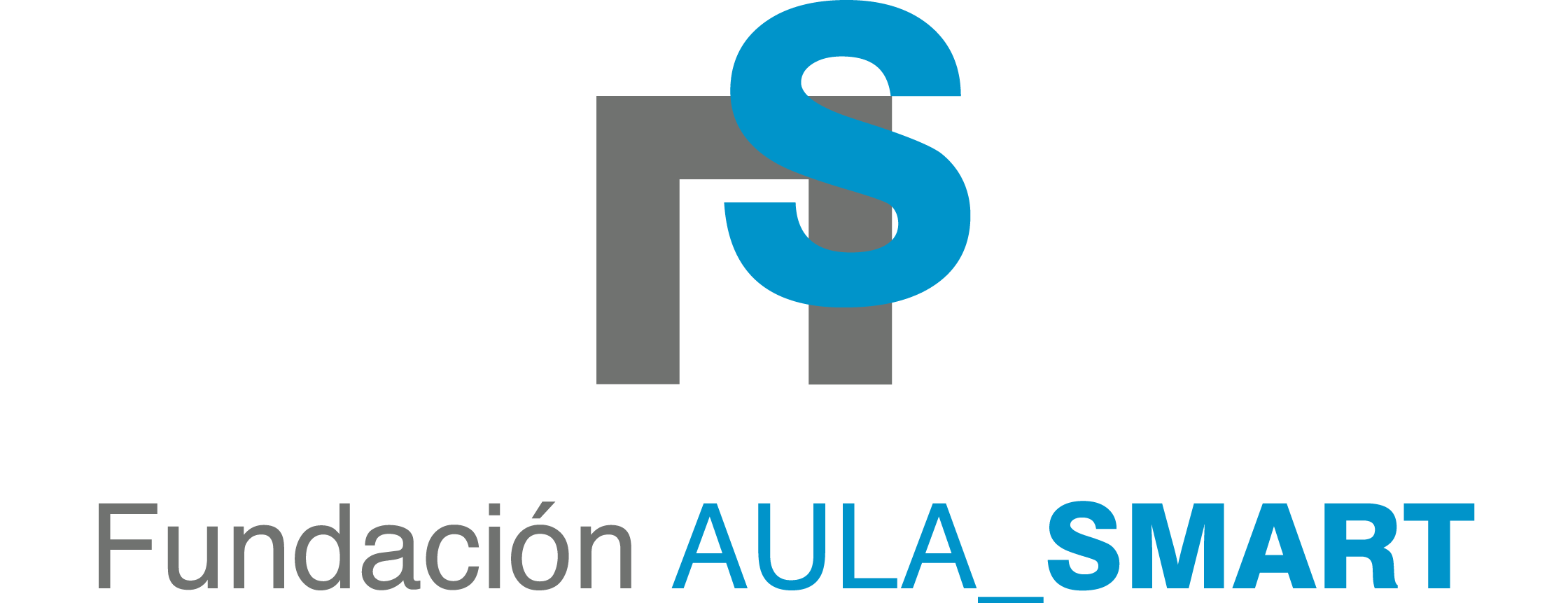


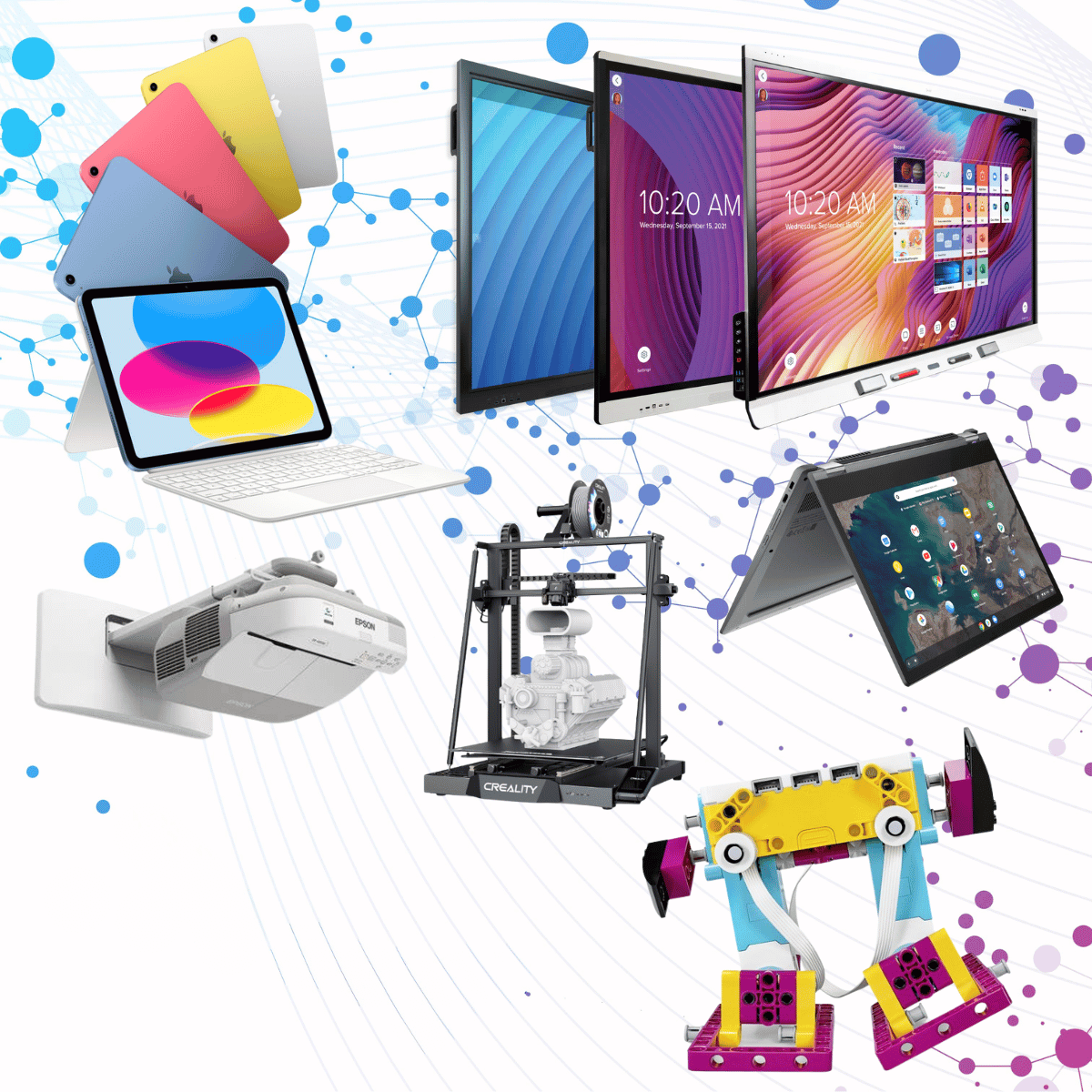
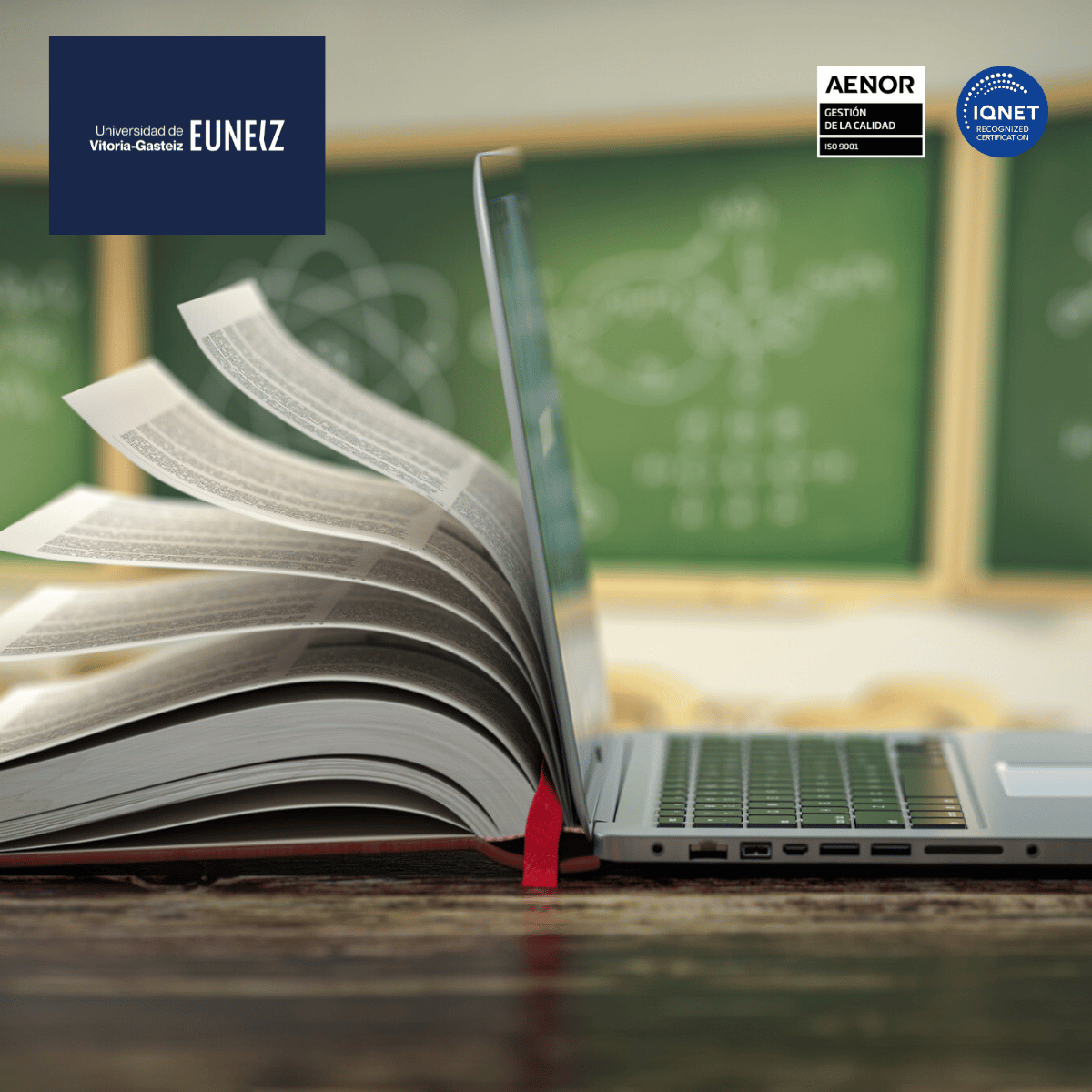
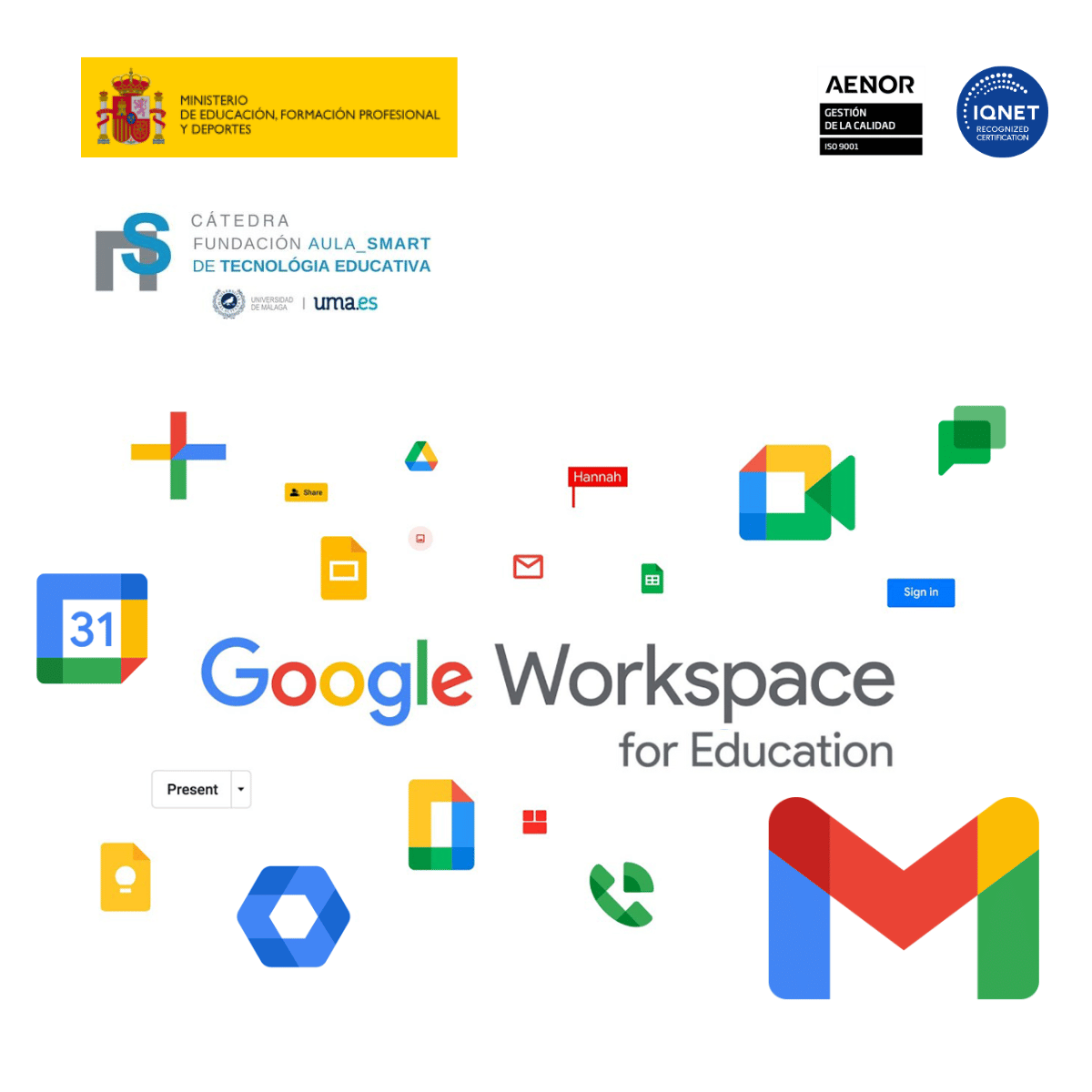
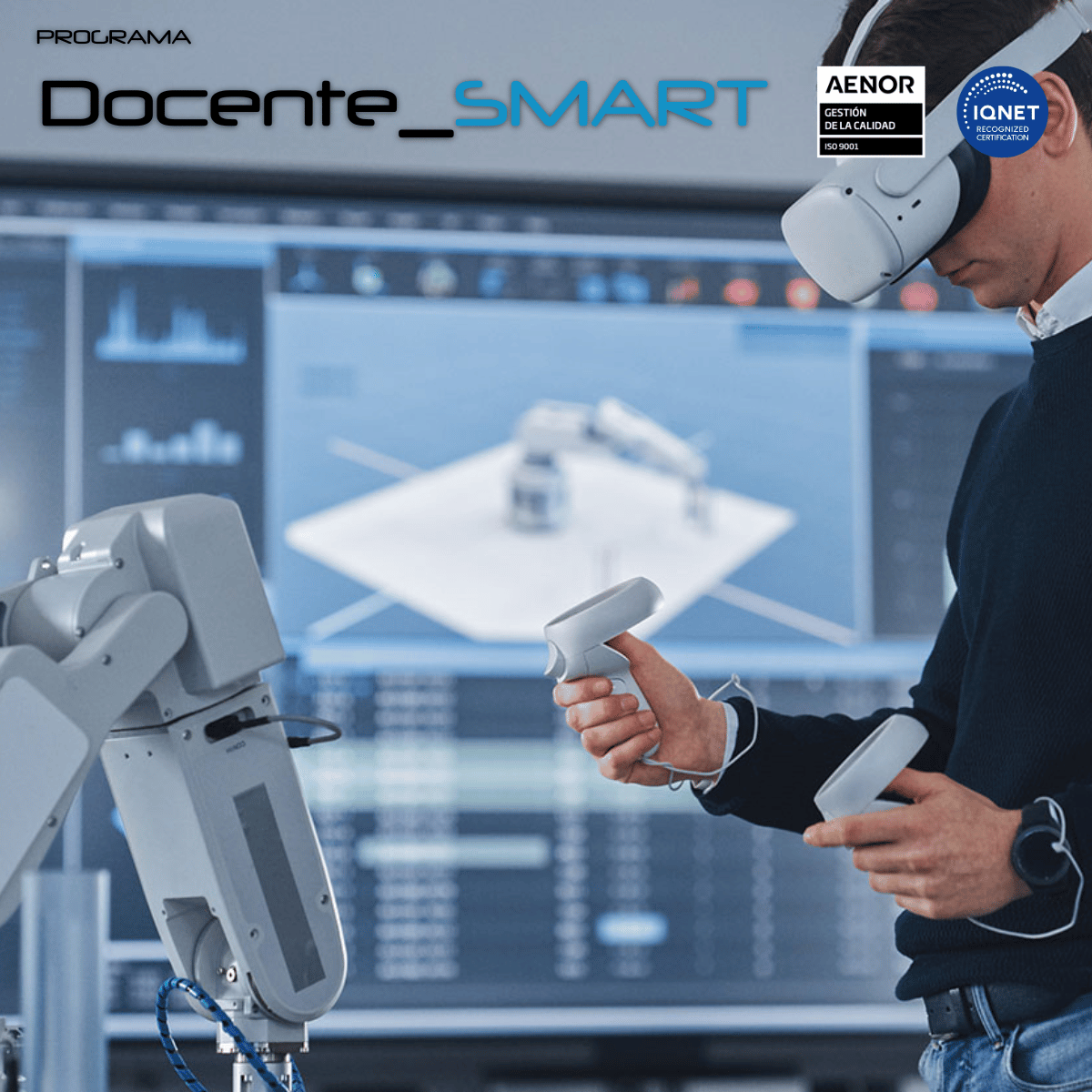





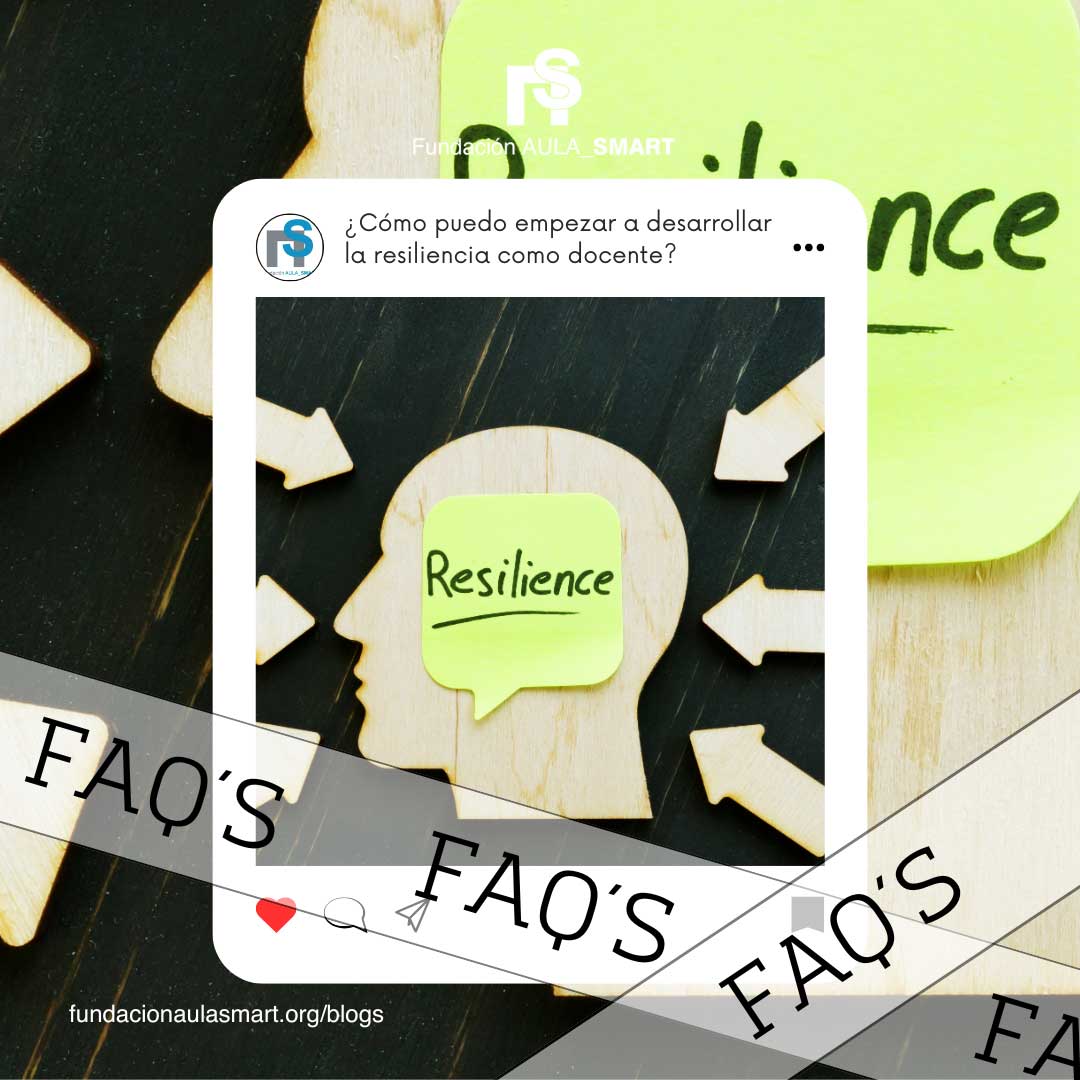
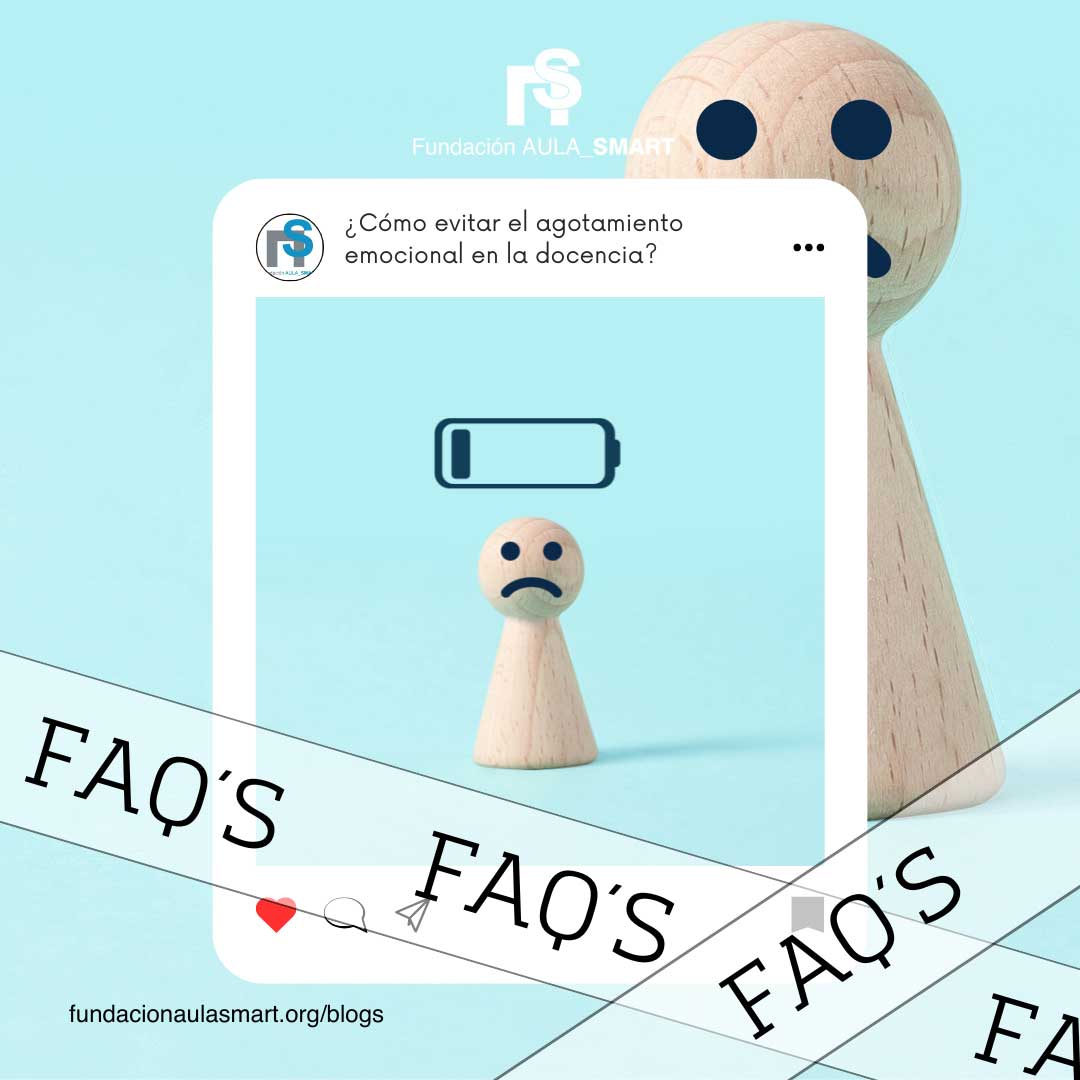
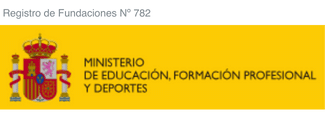
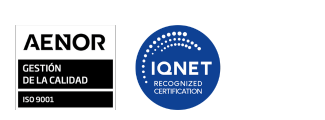



Leave a comment
All comments are moderated before being published.
This site is protected by hCaptcha and the hCaptcha Privacy Policy and Terms of Service apply.